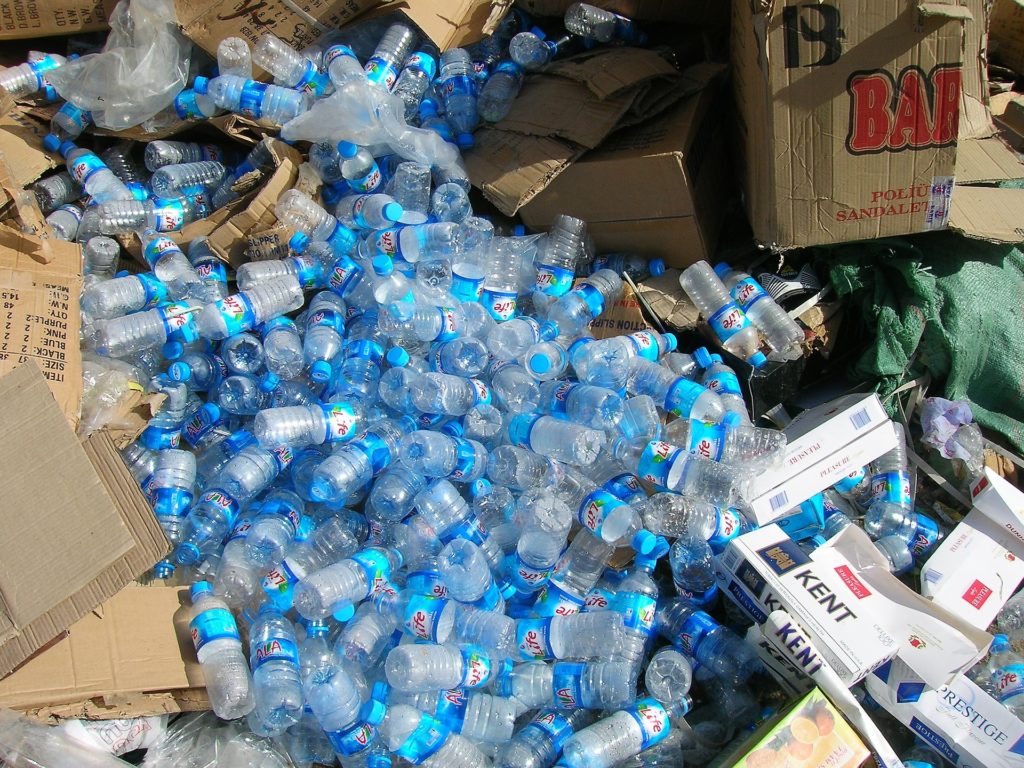
An outright ban on plastics could lead to greater environmental damage, according to a group of academics.
Campaigners have called for reductions or bans in some areas, with recent programmes such as the BBC’s Blue Planet highlighting the impact of plastics on the world’s oceans.
A group of 40 academics from Heriot-Watt University in Edinburgh said they support the need to prevent potentially harmful environmental effects of plastics but arguments surrounding a reduction or ban are “often shortsighted and not based on facts”.
The group, which draws expertise from engineering, science, economics and social science, said there needs to be a “circular economy” for plastic usage.
They said replacing plastics with other available packaging, such as glass or metal, could lead to a doubling of global energy consumption and a tripling of greenhouse gas emissions.
Professor David Bucknall, chairman in materials chemistry from the university’s Institute of Chemical Sciences, said:
“Almost everything we touch or interact with on a daily basis is made of or contains a plastic of some description.
“Banning or reducing their use would have a massive impact on the way we live.
“For instance, replacing plastics with alternative materials such as glass and metals would cost more to manufacture due to the energy consumed and resources – including water – required to process them.
“Furthermore, because plastics are lightweight, transportation of consumer goods in plastic packaging means fewer vehicles are required for transportation of those goods, therefore burning less fuel and greatly reducing greenhouse gas emissions.
“So whilst some people may wish for plastics to be reduced or banned altogether, we need to ensure we are replacing them with materials that are better for the planet.
“In many cases there is no credible alternative to using a plastic so we need to move towards a ‘circular economy’ for plastics, rather than the largely ‘make-use-dispose’ model we currently adopt.”
Recommended for you
